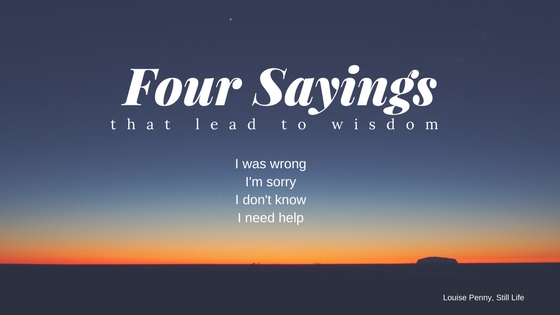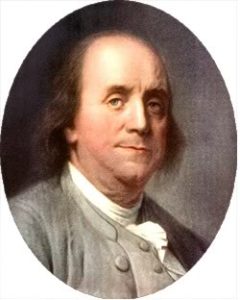
So there you are, at a networking event or a business meeting, eying a couple across the room. He has a gym-perfect physique, a crisp designer suit, and carefully manicured hands. She has a few extra pounds, a button missing on her blouse, and a hairstyle that hasn’t changed since the 1980s.
Which of the two is smarter?
The bad news: We are judged by our appearance.
The good news: We are respected for our brains.
Looking smart feels great, is great—but being smart is the icing on the cake.
These five simple practices will boost your “smart” rating:
- Boost Your Vocabulary: Crack open that dusty dictionary or thesaurus. Commit to learning and using one new word each day. Bookmark https://www.merriam-webster.com/word-of-the-day in your browser. Learn correct pronunciations, spelling, and context.
- Ask Questions: Benjamin Franklin said, “Humility makes great men twice honorable.” Focusing the conversation on what the other person knows and asking respectful questions achieves two things: It gives you an opportunity to learn even when you think you already know it all, and it engages the other person in their favorite topic—themselves.
- Read Good Books: If time is an issue, carry a book or e-Reader with you—read a few paragraphs or pages while you’re in the waiting room. Commit to reading two or three pages each day, or listen to audio books. Buy magazines or subscribe to feeds on topics with which you are not familiar—it will help you broaden your knowledge.
- Speak Simply: Increasing your vocabulary amplifies your ability to communicate, but obscure words, jumbo words or industry lingo confuse the conversation. Sadly, most American adults read at an 8th grade level. Use simple, ordinary words, and gauge your word choices on the “pomposity factor.” Never use a three syllable word when a two syllable word will do, and never use a two syllable word when a single syllable word gets your point across.
- Listen More than you Speak: William Shakespeare said, “All the world’s a stage, and all the men and women merely players.” No one likes a conversation hog, or to be upstaged. Practice your listening skills, speak simply and concisely, and understand your role in the theater of the moment.
Being smart is the icing on the cake!


